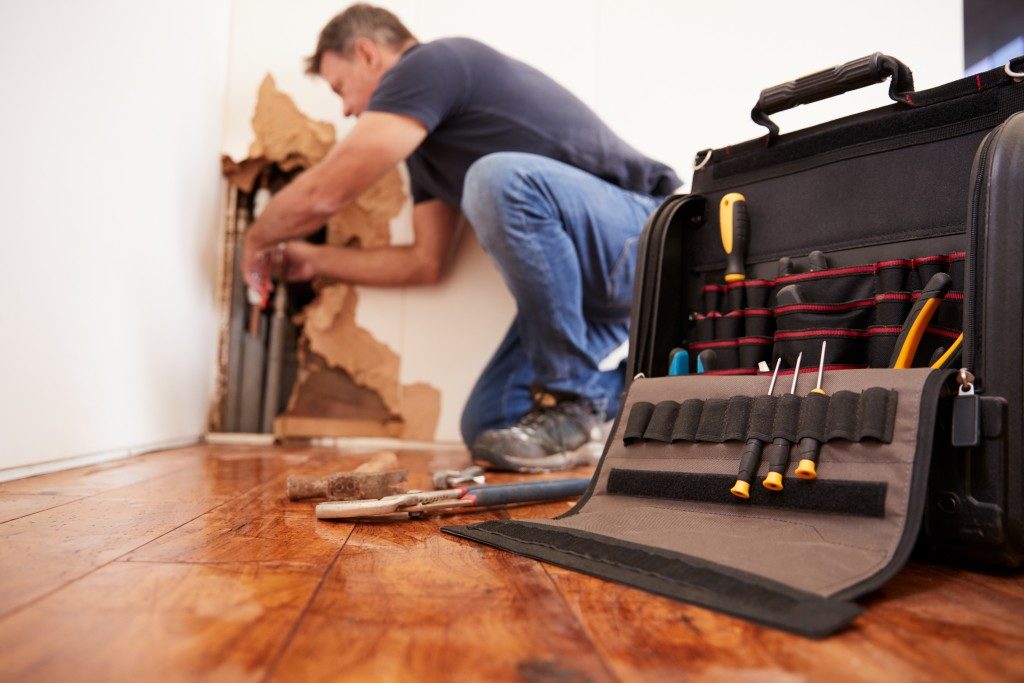Homebuyers want the perfect house, and honestly, you can’t blame them? The mortgage is high, and the financial requirements are steep. We have to pay for the loan for the next 15 years or so of our lives. We don’t want to be dealing with repairs when we finally move to our new house. But the reality is that there is no perfect house. You need to find a house that you can afford and fix the little things one by one.
You can DIY a lot of things around the house as long as you have dry lining tools from the UK or other countries. This is your chance to complete your essential toolbox so that you can pick up a screwdriver and tighten a loose cabinet screw. These are simple fixes that should not add to the total selling price of the house. Always remember that when you ask the seller to fix something, whether major or minor, its cost will be added to the selling price. In short, you will have to cover it.
Before you buy a house, there will be an obligatory house inspection. The purpose of the inspection is to find out if there are severe problems that will cause structural damage to the house. It is not to create a checklist where every minor detail will be dissected. When buying a home (unless it’s a brand-new home), defects are to be expected.
Aesthetic Problems
If you have a problem with the wood stain on the deck or the wall paint in the kitchen, you don’t need to ask the seller to paint over those. You can do that yourself once you move in. If you let the seller fix these issues for you, the cost will be astronomical because you’ll have to pay for the labour. Instead, you can turn it into a little home project. Staining wood and painting over walls are very easy that even your 10-year-old kid can probably do it.
Anything Under $100
If you are going to nitpick on every single thing, the seller might back out of the deal. Every home seller wants a transaction that’s fast and easy. They want to get it over with so that they can finally start anew. But if you’re going to make an issue out of every tiny issue you find in their house, they may rethink negotiations with you. An issue with the cabinet door, for example, shouldn’t cause a problem. It’s such a minor issue; the seller might not even have noticed it.
Renovations that You Want

When you first look at the house, you might already have imagined renovations that you are planning. Sometimes, whether intentionally or not, you might ask the seller to fix the house according to your plans. Don’t do it. Not only will it cost so much, but it will also be unfair for the seller to renovate their home according to what you’re planning to do. That is not part of the negotiation.
While there are plenty of things that need to be fixed—termites, pests, mould problems, plumbing problems, and major structural issues—before you agree to buy the house, you should avoid problematizing every single issue you notice. You should manage your expectations when you’re buying a secondhand home. There will be issues, of course. But unless those issues can be structurally damaging, they shouldn’t be a reason for the breakdown of the negotiation.

